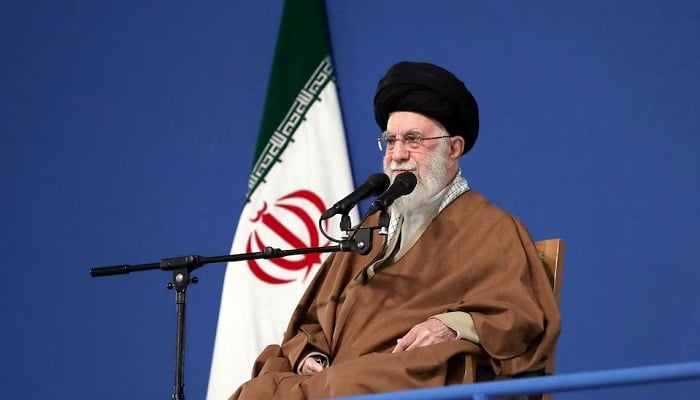- Tehran approaches negotiations cautiously, skeptical about a deal, and cautious of Trump.
- Leadership supports engagement despite significant mistrust of the US.
- Positive discussions have occurred recently in Oman, with more meetings set for April 19.
On Tuesday, Supreme Leader Ayatollah Ali Khamenei expressed that he is neither overly optimistic nor overly pessimistic regarding negotiations with the United States concerning Iran’s nuclear program. This comment seems to be an effort by Tehran to temper rising public hopes for a potential agreement.
According to various Iranian politicians and insiders, a failure to resolve the long-standing conflict with President Donald Trump could inflict significant damage on the Islamic Republic, even if Tehran later depicts Washington as the responsible party.
Following last weekend’s discussions between Tehran and Washington in Oman, both sides characterized the interactions as constructive, leading to a surge in Iranian hopes for economic relief, as indicated by citizens reached via phone and social media posts.
The two countries have agreed to continue their discussions on April 19 in Oman.
In recent days, Iran’s struggling rial has appreciated nearly 20% against the dollar, with many Iranians holding on to the hope that a deal might signal the end of their economic isolation.
“We are neither overly optimistic nor pessimistic about them. It is a process that has been decided upon, and its initial steps have been executed well,” Khamenei stated during a meeting with lawmakers, as reported by state media.
Tehran is proceeding with caution in these negotiations, expressing doubts about the potential for a favorable agreement, particularly skeptical of Trump, who abandoned the 2015 nuclear agreement with six nations during his first term in office in 2018 and has repeatedly threatened military action against Iran in the absence of a deal.
“Moving forward, these negotiations must be approached with care, ensuring that clear boundaries are established for both parties. The talks could yield results or not,” Khamenei remarked. “Do not tie the nation’s future to these discussions.”
Since relations with Washington deteriorated following Iran’s Islamic Revolution in 1979, which ousted the US-backed Shah, anti-American sentiment has been a consistent unifying theme for Iran’s clerical leadership.
However, the effects of inflation, unemployment, and a lack of investment resulting from harsh sanctions—imposed after Trump withdrew from the 2015 pact—have led Khamenei to endorse discussions with the Trump administration.





